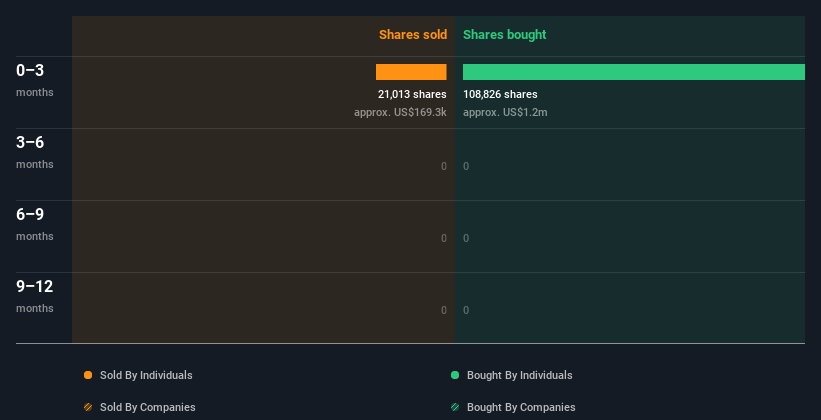John Risher Bought 397% More Shares In Lyft
Lyft, Inc. (NASDAQ:LYFT) shareholders (or potential shareholders) will be happy to see that the CEO & Director, John Risher, recently bought a whopping US$1.1m worth of stock, at a price of US$11.46. That purchase boosted their holding by 397%, which makes us wonder if the move was inspired by quietly confident deeply-felt optimism.
View our latest analysis for Lyft
Lyft Insider Transactions Over The Last Year
Notably, that recent purchase by John Risher is the biggest insider purchase of Lyft shares that we've seen in the last year. That means that even when the share price was higher than US$11.36 (the recent price), an insider wanted to purchase shares. It's very possible they regret the purchase, but it's more likely they are bullish about the company. We always take careful note of the price insiders pay when purchasing shares. Generally speaking, it catches our eye when insiders have purchased shares at above current prices, as it suggests they believed the shares were worth buying, even at a higher price.
Over the last year, we can see that insiders have bought 108.83k shares worth US$1.2m. On the other hand they divested 21.01k shares, for US$169k. Overall, Lyft insiders were net buyers during the last year. The chart below shows insider transactions (by companies and individuals) over the last year. If you want to know exactly who sold, for how much, and when, simply click on the graph below!
There are plenty of other companies that have insiders buying up shares. You probably do not want to miss this free list of growing companies that insiders are buying.
Insider Ownership Of Lyft
Many investors like to check how much of a company is owned by insiders. I reckon it's a good sign if insiders own a significant number of shares in the company. It's great to see that Lyft insiders own 3.3% of the company, worth about US$143m. This kind of significant ownership by insiders does generally increase the chance that the company is run in the interest of all shareholders.
So What Does This Data Suggest About Lyft Insiders?
It's certainly positive to see the recent insider purchases. And the longer term insider transactions also give us confidence. But we don't feel the same about the fact the company is making losses. Once you factor in the high insider ownership, it certainly seems like insiders are positive about Lyft. One for the watchlist, at least! So while it's helpful to know what insiders are doing in terms of buying or selling, it's also helpful to know the risks that a particular company is facing. At Simply Wall St, we found 2 warning signs for Lyft that deserve your attention before buying any shares.
If you would prefer to check out another company -- one with potentially superior financials -- then do not miss this free list of interesting companies, that have HIGH return on equity and low debt.
For the purposes of this article, insiders are those individuals who report their transactions to the relevant regulatory body. We currently account for open market transactions and private dispositions, but not derivative transactions.
Have feedback on this article? Concerned about the content? Get in touch with us directly. Alternatively, email editorial-team (at) simplywallst.com.
This article by Simply Wall St is general in nature. We provide commentary based on historical data and analyst forecasts only using an unbiased methodology and our articles are not intended to be financial advice. It does not constitute a recommendation to buy or sell any stock, and does not take account of your objectives, or your financial situation. We aim to bring you long-term focused analysis driven by fundamental data. Note that our analysis may not factor in the latest price-sensitive company announcements or qualitative material. Simply Wall St has no position in any stocks mentioned.

 Yahoo Finance
Yahoo Finance 
